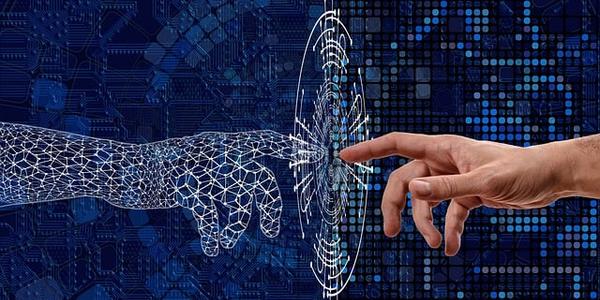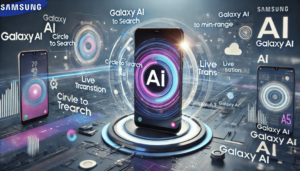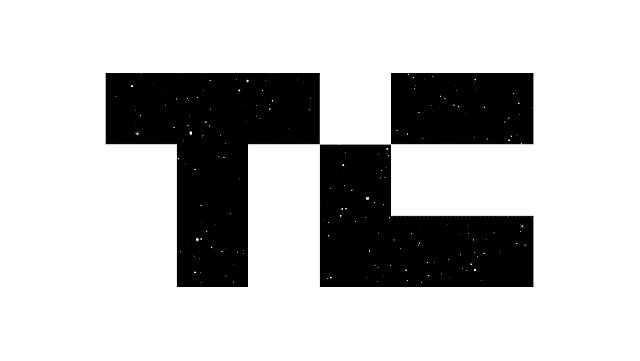Since the breakthrough moment of generative artificial intelligence in 2022, there has been a growing consensus that AI and crypto technologies are a perfect pair, with one solving the critical issues of the other. The idea is that blockchain verification can solve AI’s proliferation of fake images, while AI can detect protocol threats on the blockchain. Despite the increased interest and experimentation in both fields, the ‘AI-blockchain killer use case’ remains elusive.
A Puzzling Reality
Many ambitious AI blockchain projects have faltered over the past two years. Countless AI-crypto companies have come and gone, with hardly any sticking around. This is not due to the products being unvaluable or having bad ideas. The critical issue lies in convincing AI developers to spend their time developing on a specific network, and incentivizing them to stay once they’re on board.
Misguided Incentives in Decentralized AI
Incentivization is crucial as it aligns user behavior with product goals. A financially driven rewards structure works well in traditional crypto sectors and consumer Web3 products but not so much for AI. Crypto was built as an alternative to Traditional Finance (TradFi), while AI wasn’t envisioned through the same financial lens.
Financial Rewards Don’t Work
Financial rewards don’t work for AI developers because they don’t resonate with their core motivations. AI developers are pure technologists who believe they’re on the bleeding edge of a seismic societal shift. What they’re building will inform the future, so they do what they do not to get paid.
The Marginal Financial Gain
If they think they’re creating infrastructure that’ll influence the world economy, much like we saw with Web2, the marginal financial gain through tokenomics is likely not an enormous appeal. Recent research shows that AI developers are skeptical of crypto’s shill side due to its unfortunate reputation for being a center of scammers.
The Skepticism of Crypto
Almost 40% of Americans are not at all confident in the trustworthiness of cryptocurrencies, despite only 7% ever having traded any. The reputation of crypto as volatile, with the potential for scams, makes it unappealing to many AI developers, who generally view their work as too essential to be subject to infrastructure failures or security breaches.
From Compensation to Contribution
AI developers view their work as a calling that influences society. They seek to be part of history, gaining recognition by contributing to significant technological advancements. Innovation thrives in settings that promote idea-sharing and collaboration. Financial remuneration can and should exist but not at the forefront as per crypto projects.
Shifting the Narrative
Shifting the narrative from immediate financial gains to the broader implications of their work can attract developers to invest their talents in decentralized projects. To build a robust team of developers for the right reasons, move away from tokenomics and financial incentives that often alienate talent and create a culture of collaboration with a clear vision and values and meaningful engagement opportunities.
A Unique Differentiator
This is a unique differentiator in itself in an industry that’s both saturated and calling for change. Token-based incentives have proven effective in traditional blockchain projects, where financial motivation drives both developer and user engagement. In these environments, token rewards align well with the goals of contributors who are invested in the economic growth of the ecosystem.
Misunderstanding AI Developers’ Motivations
However, this assumption falls short when applied to the field of AI development, where developer motivations are fundamentally different. For decentralized AI to succeed, it’s time to create more effective incentive structures.
Decentralized AI Can Position Itself as a Transformative Movement
Decentralized AI can position itself as a transformative movement by emphasizing purpose-driven incentives such as collaboration, recognition and a shared vision for societal change. Decentralized AI harnesses two of the most significant technological innovations of modern times. The global blockchain AI market is expected to reach $3.718 billion by 2033.
A New Era
This decade is up for the taking. As Dr. Richard Blythman, a renowned expert in AI/crypto, points out, we are at a critical juncture where we can shape the future of decentralized AI and unlock its full potential.
Dr. Richard Blythman’s Bio
Dr. Richard Blythman is an early innovator in AI/crypto, co-founding Algovera in 2021. He is a co-founder and the chief scientific officer of Naptha.AI, a platform that orchestrates multiple AI agents to optimize performance and drive innovation.
Disclaimer
This article is for general information purposes and is not intended to be and should not be taken as legal or investment advice. The views, thoughts, and opinions expressed here are the author’s alone and do not necessarily reflect or represent the views and opinions of Cointelegraph.
Explore More Articles Like This
Subscribe to the Finance Redefined newsletter for a weekly toolkit that breaks down the latest DeFi developments, offers sharp analysis, and uncovers new financial opportunities to help you make smart decisions with confidence. Delivered every Friday.










